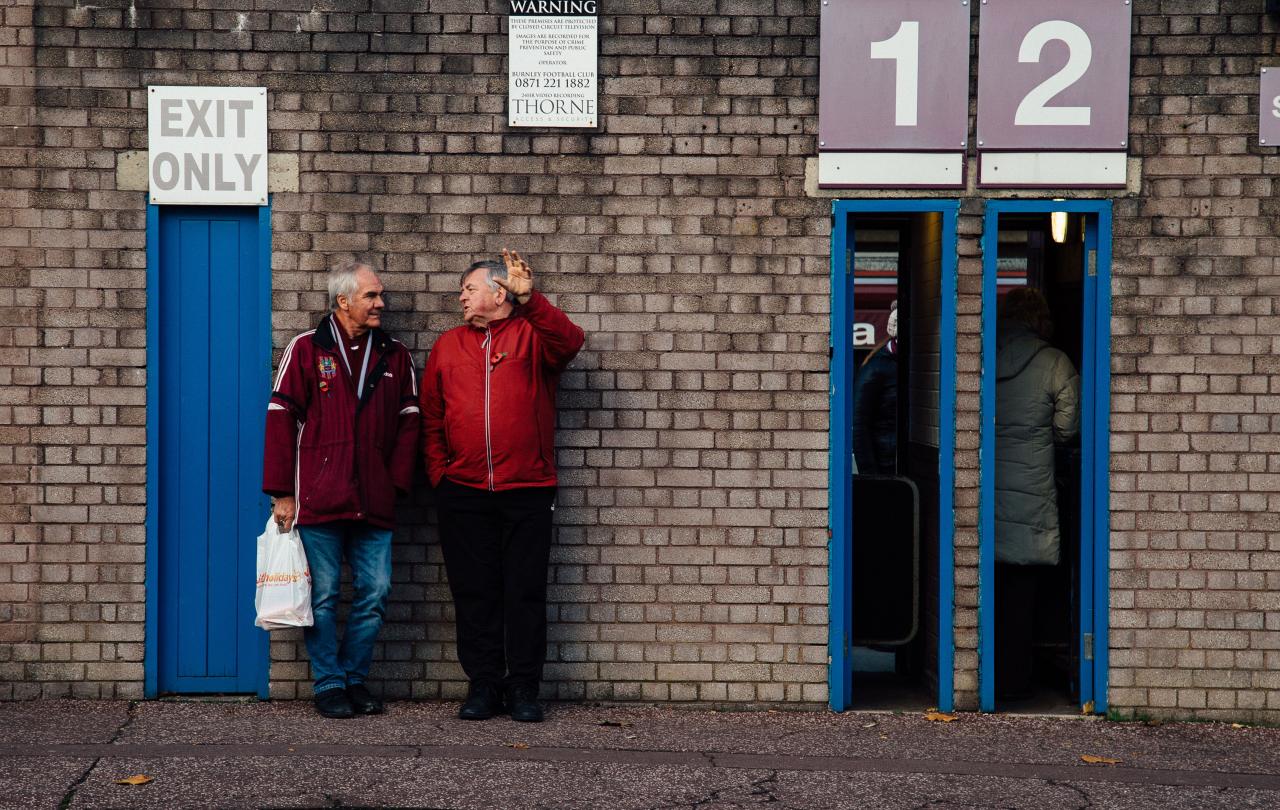And as the sands shift, what about our young people? In the school where I am a governor, 58 per cent of our children are on free school meals, and many come from broken homes and difficult circumstances. What encouragement can we give them to ensure their young lives are ones of opportunity, fun and learning? What can we do to ensure the struggles of the children's parents don't bring their own development to an uncertain and worrying future? Some parents in the grip of a cost-of-living crisis lose their filter on vocabulary and so every worry, concern, disappointment and crisis is shared. Shared with little boys and girls who shouldn't be constantly subjected to a world that is always churning out negative scenarios on their innocent and immature minds.
And what about the national celebration of a food bank and community kitchens and all they do for the poor people of our parishes? Three cheers for the voluntary sector who take the strain of a failing social security system that gives food with one hand but potentially snatches self-worth with the other. Watching young mums literally gathering up the crumbs from our food provisions at church is a chastening and humiliating experience for them and those who serve them. I hate foodbanks, not because of the good they clearly do, but, because they normalise and hold up a failing social security system in our country today.
As we approach Christmas and a new year, I wonder how the shifting sand of the cost-of-living crisis might influence, our cultural horizon? Is it idealistic, romantic or downright stupid to think we might change the great and mighty to think differently in their approach to poverty? I am keen football fan, and you might be familiar with the term 'He/She talks a good game' and after many years following Burnley Football Club I have witnessed on many occasions when Managers have talked a good game but sadly failed to deliver on the field of play. And I think that is true of the majority of our politicians of all parties. They can talk a good game but often fail to impress us because the substance doesn't match the sentences.
I am convinced through many years of dealing with abject poverty, that people in difficulty respond better to compassion over criticism, understanding over instruction, reality over rhetoric. So many people in my context don't want to be in poverty. They would prefer not to struggle, and they would recognise they need help. The shifting sands of surviving should encourage society to prioritise people before pedestrianisations of town centres, and hope over HS2 railway lines. As the sands of our landscape continue to shift, it surely must be the priority of the church, the government, and for people to stop people from sinking in a swell of poverty and hardship. When it does that, perhaps the church can demonstrate to the society, its role and its mission still has much to offer in 2024 and beyond.





